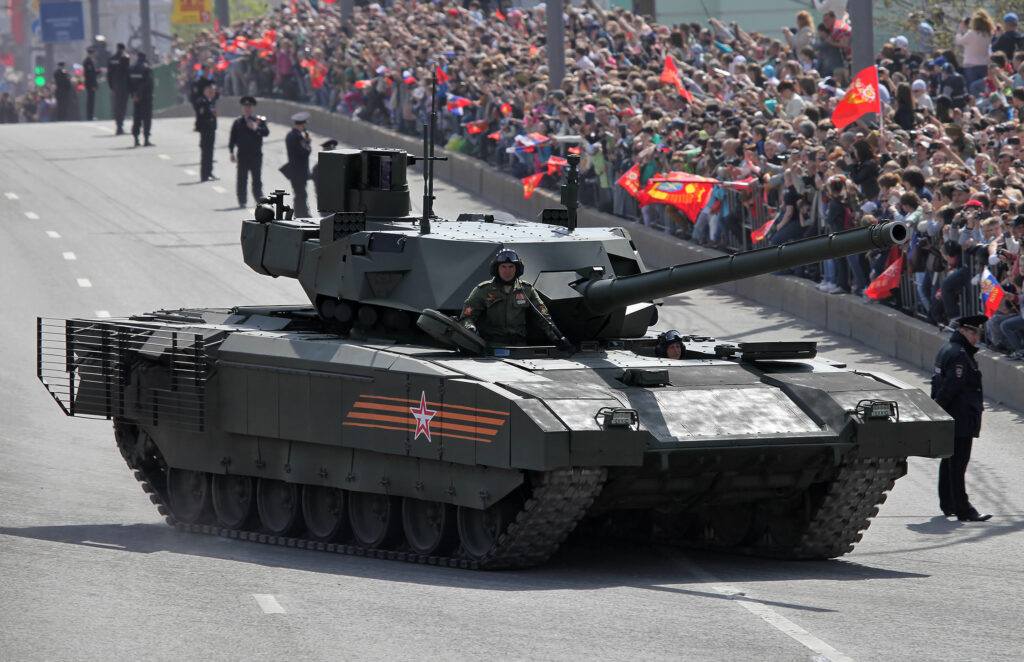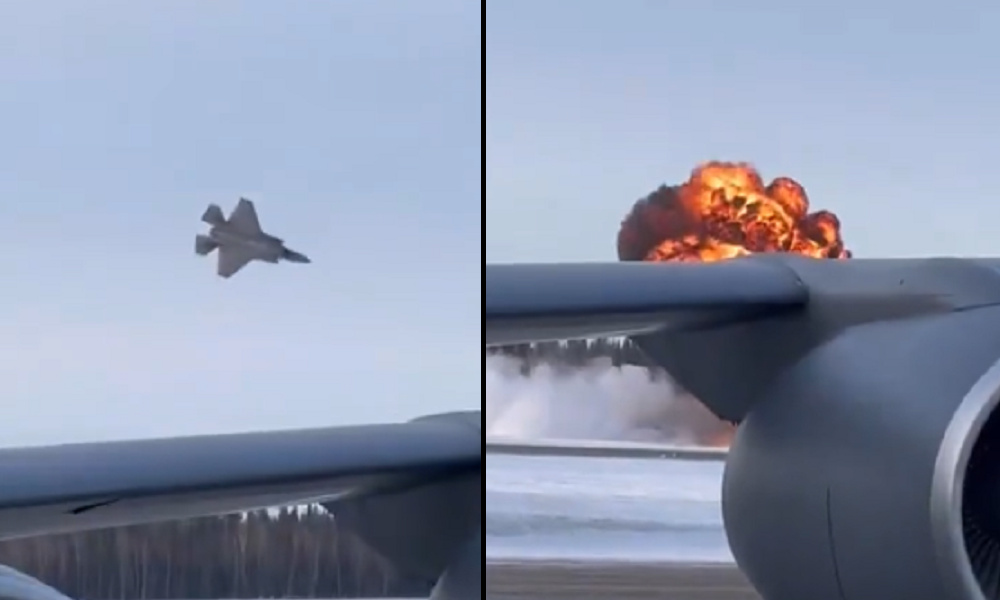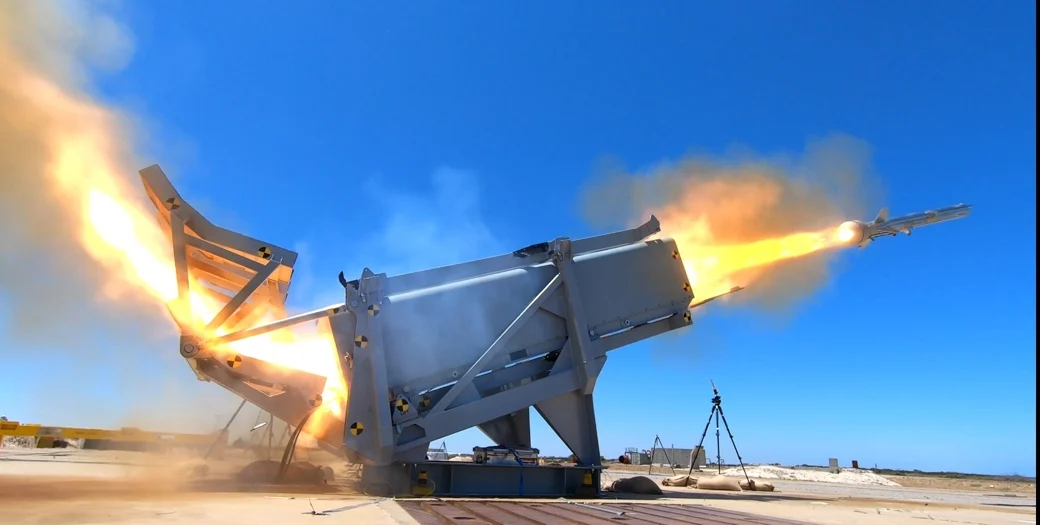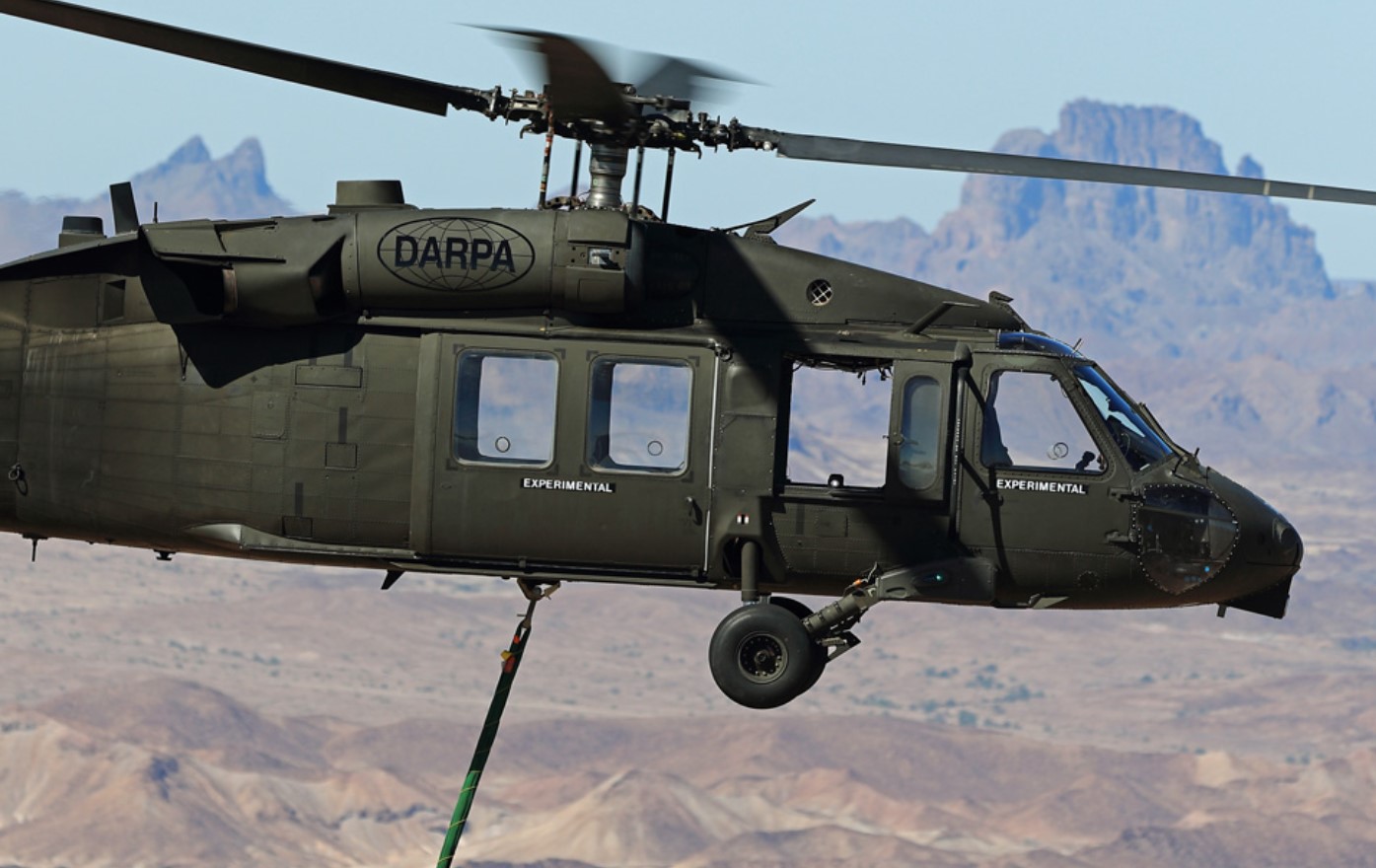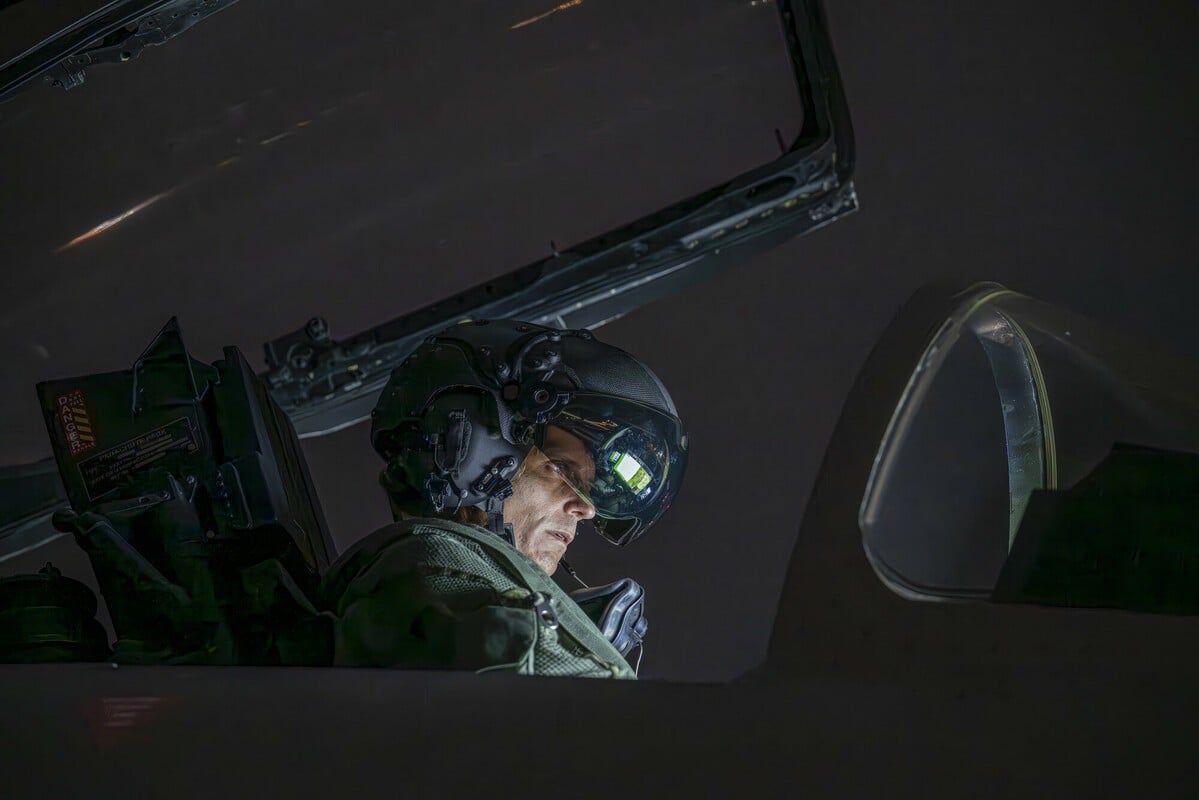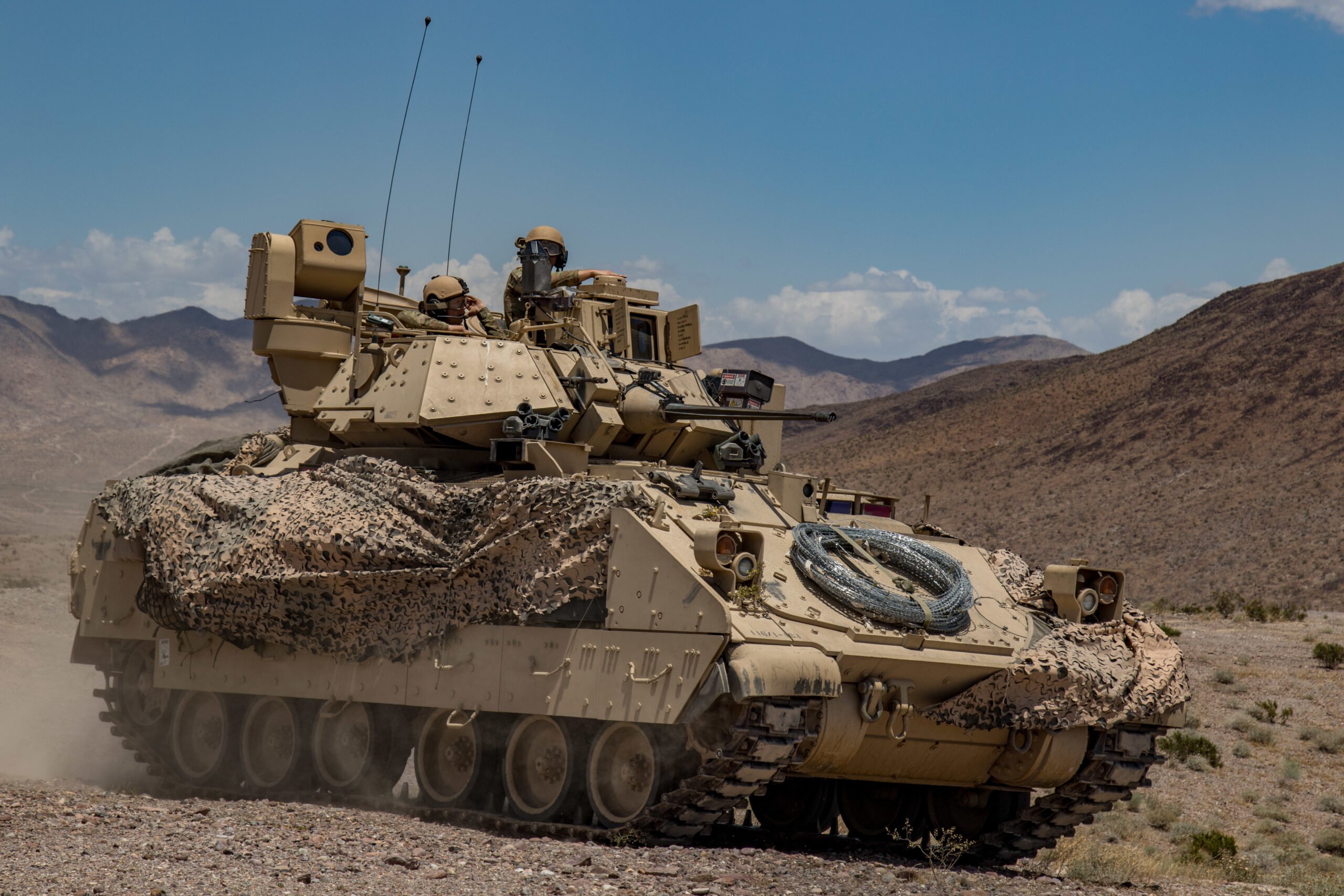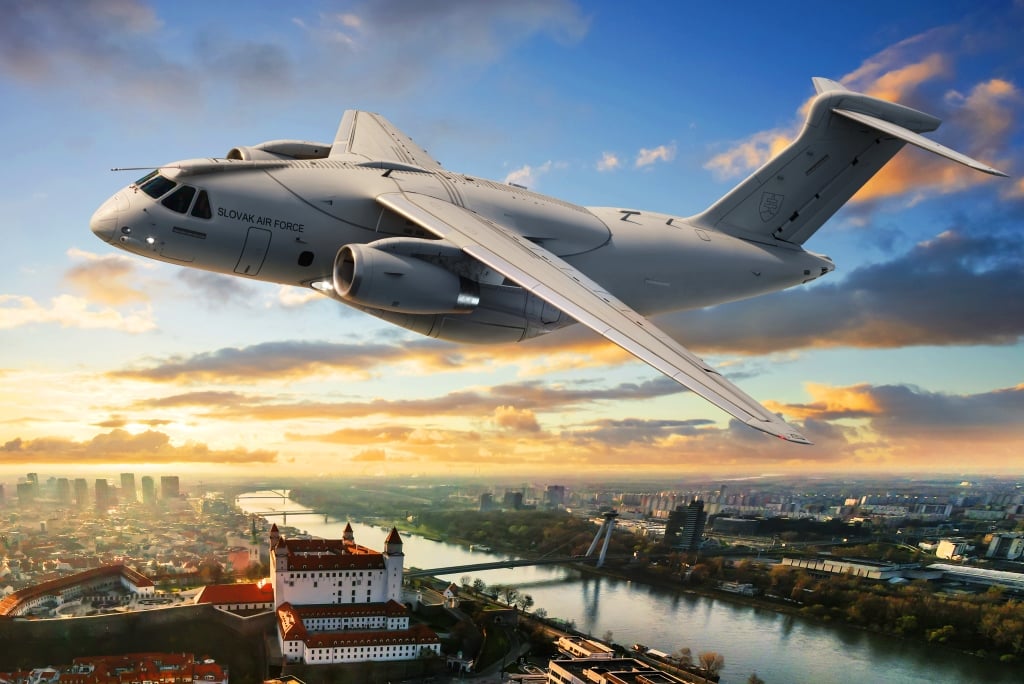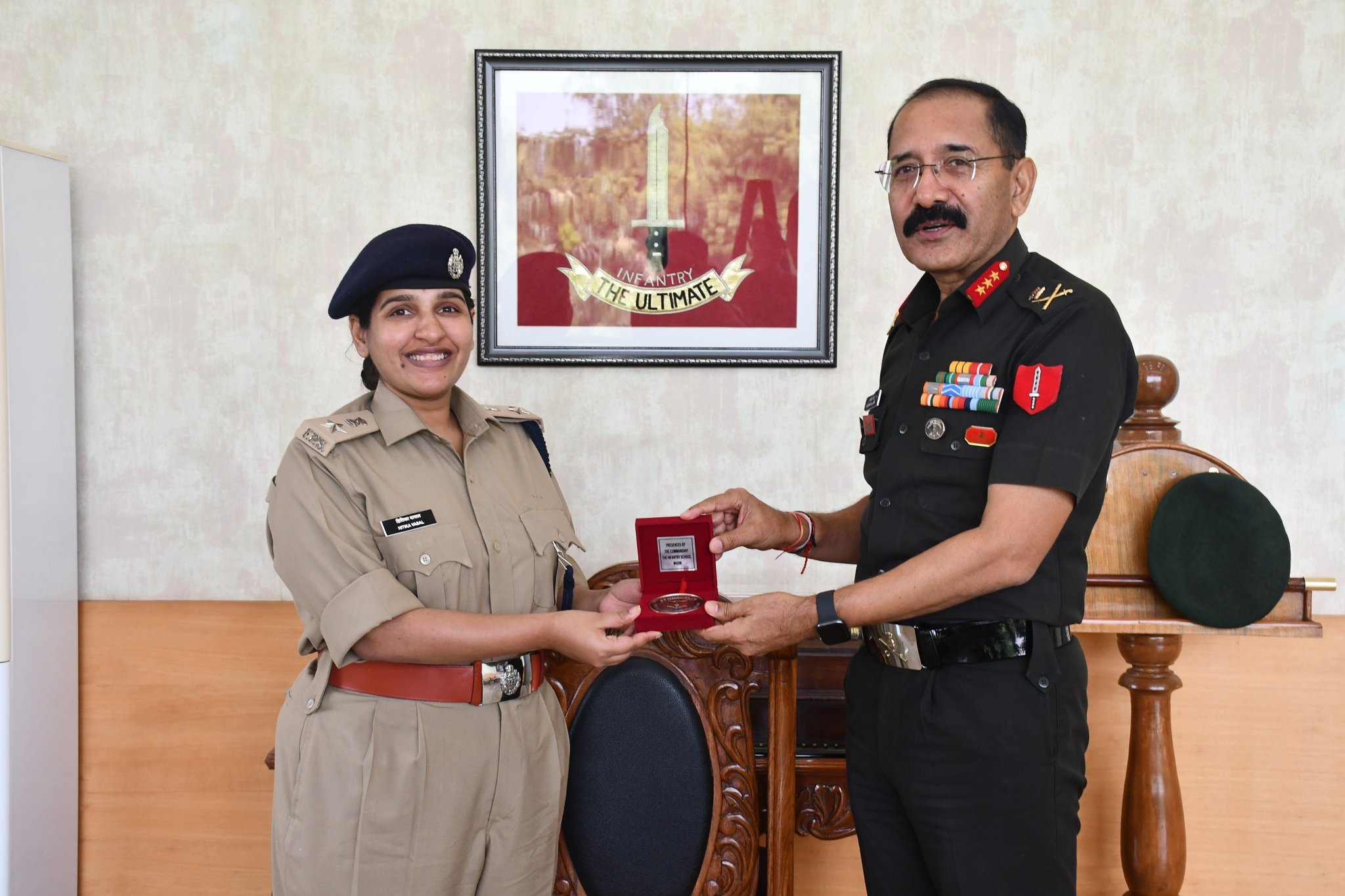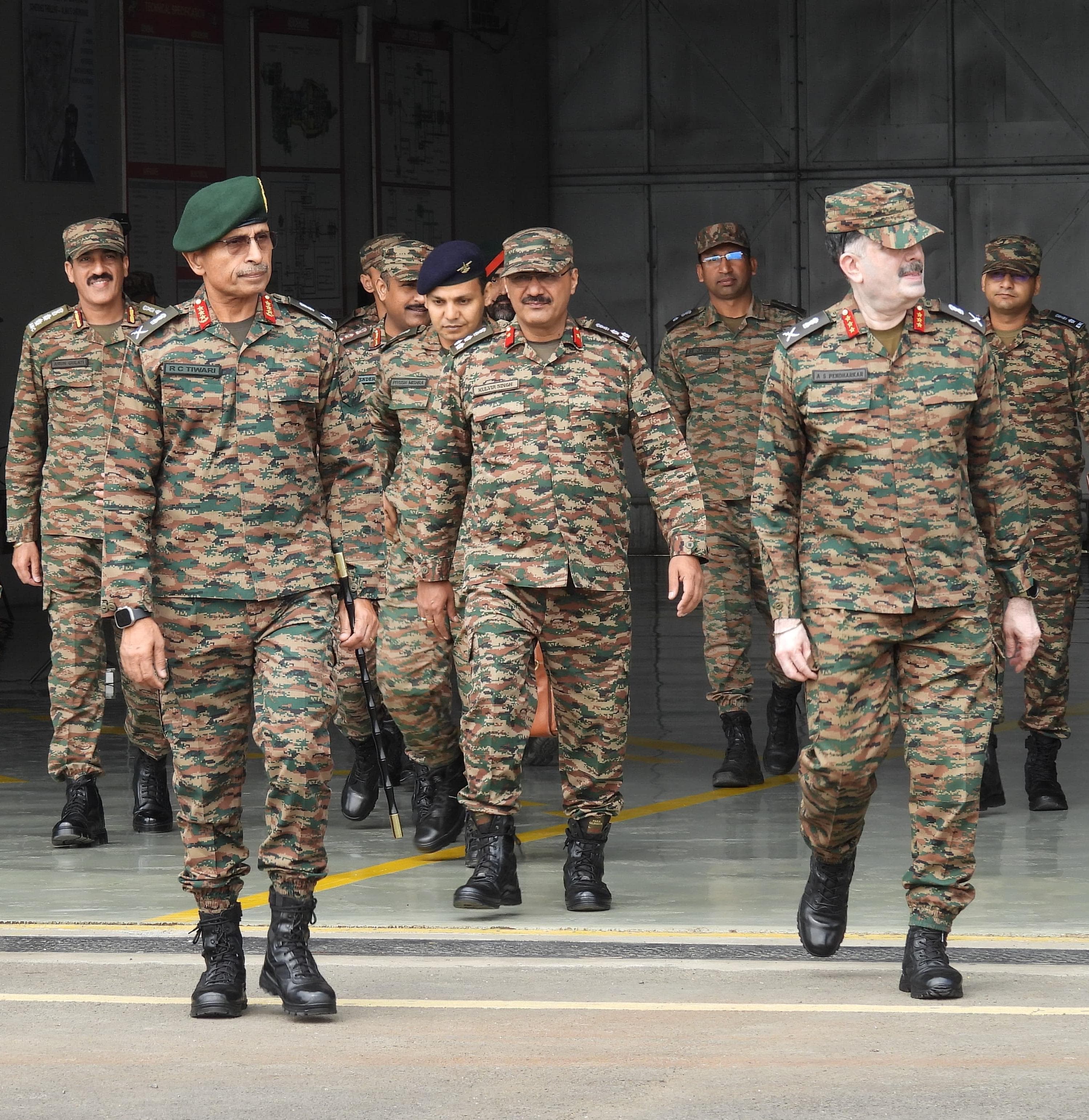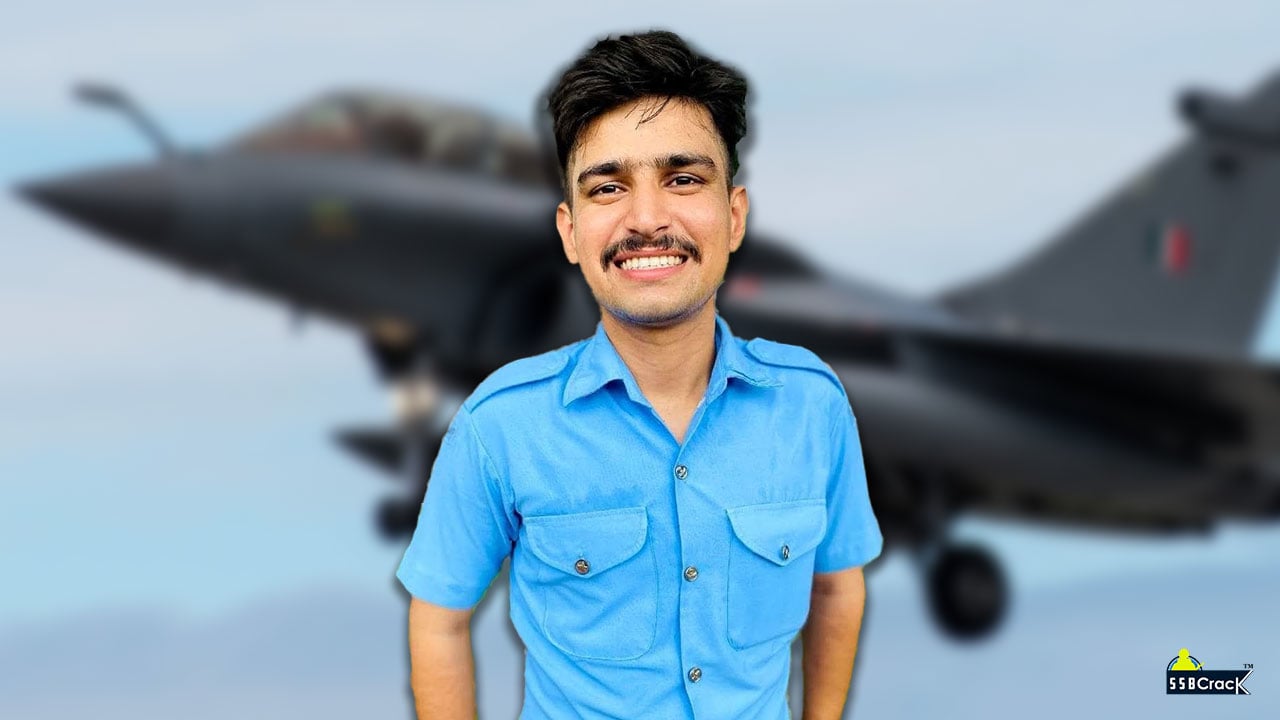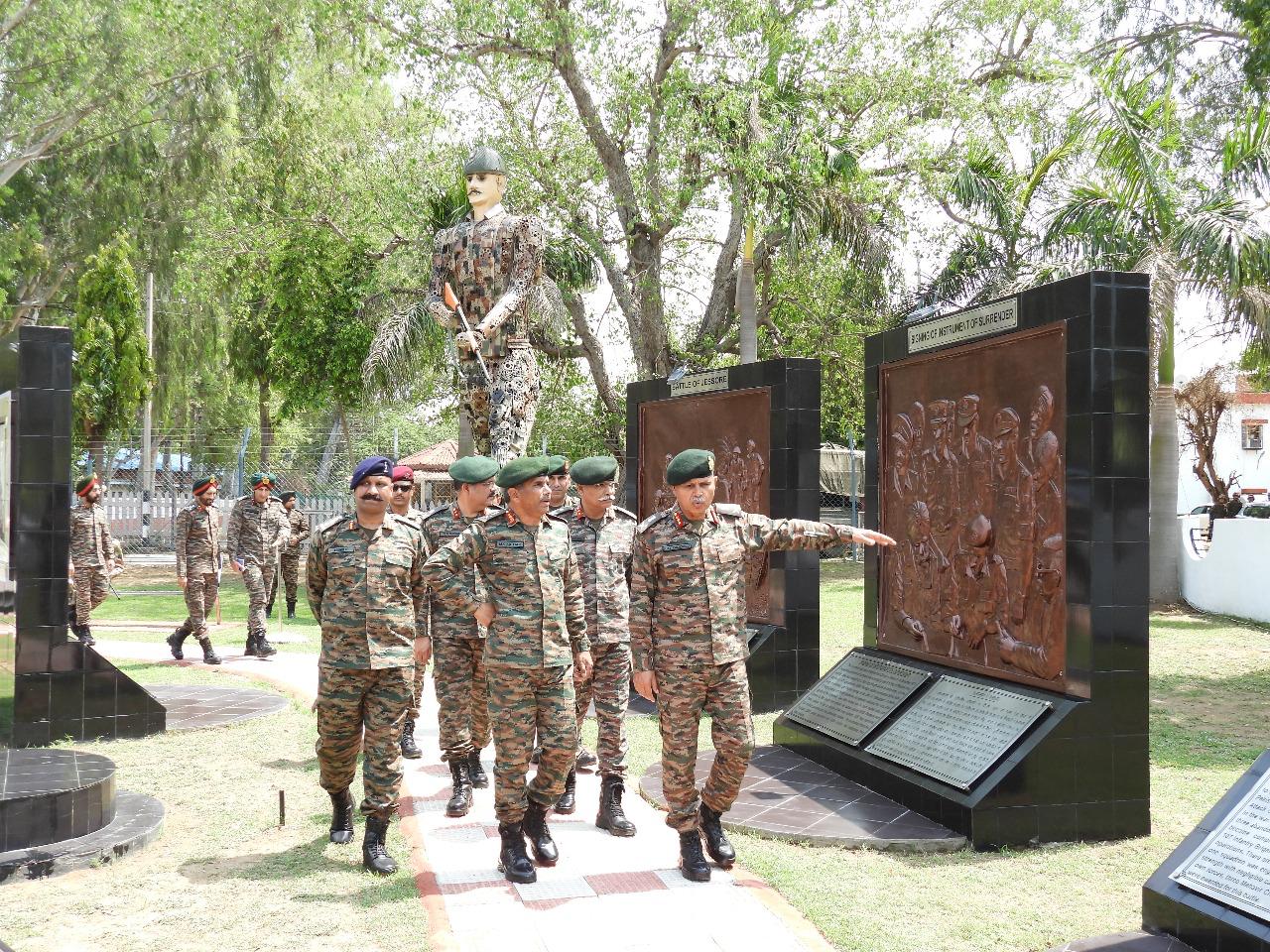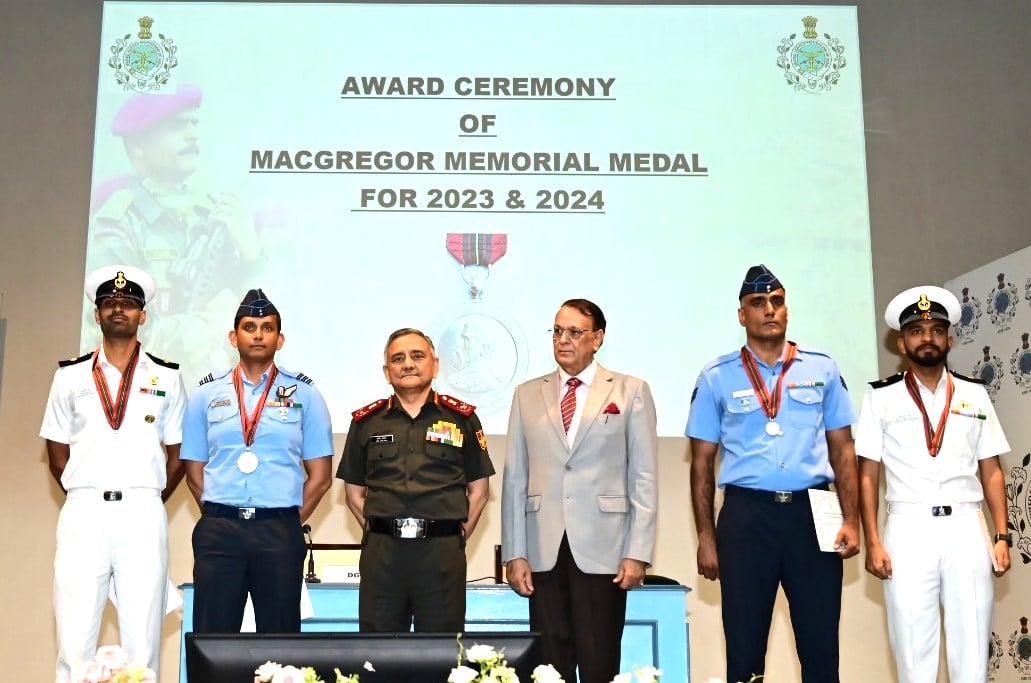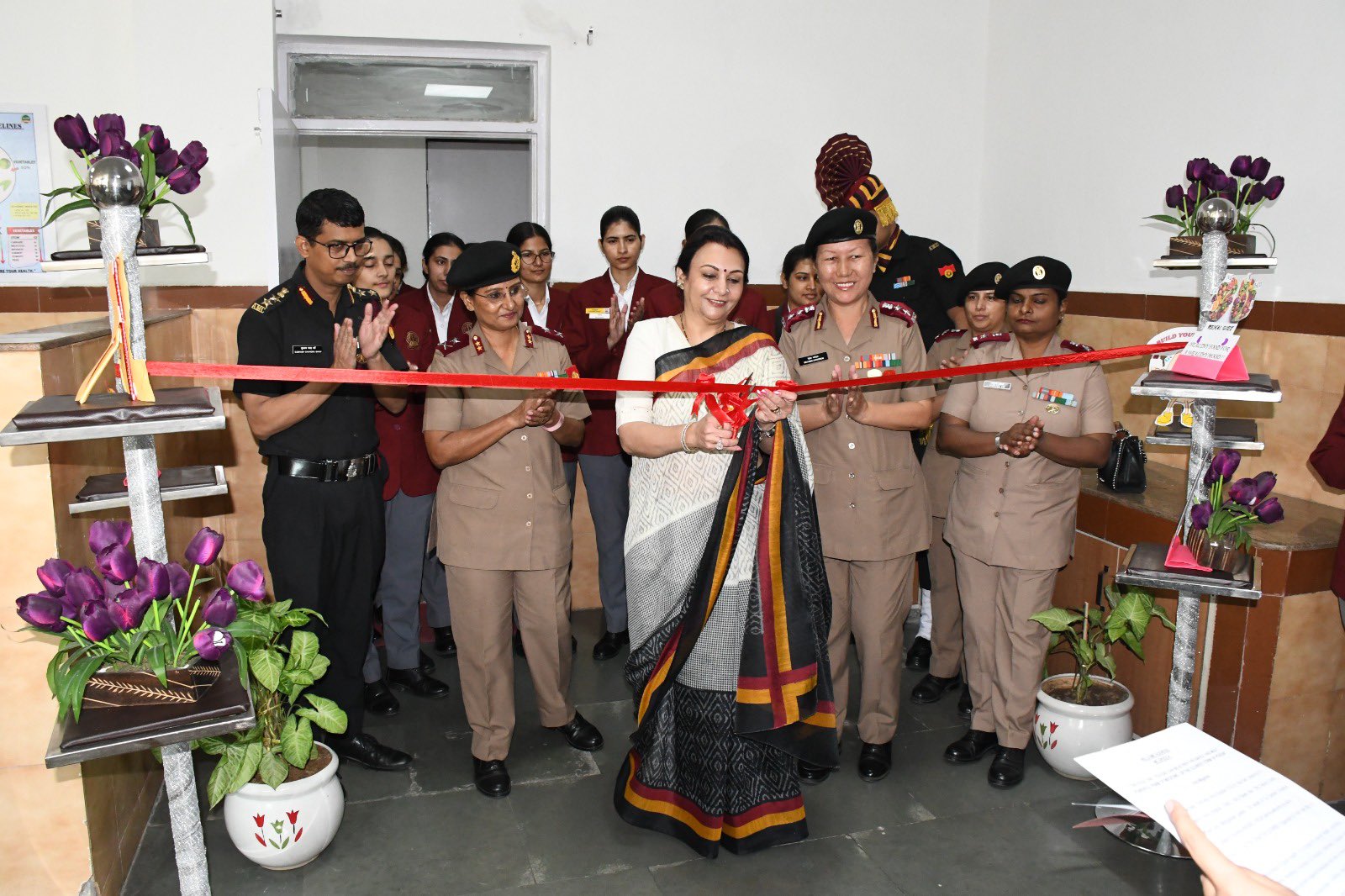A senior NATO official has issued a stark assessment of the current state of the Russian Army, stating that although the size of its forces has increased since the start of the conflict in Ukraine, the quality of the military has significantly declined. Admiral Rob Bauer, who leads NATO’s Military Committee, highlighted the deteriorating condition of Russian military equipment and the effectiveness of training provided to its soldiers since the full-scale invasion began.
Bauer suggested that the threat posed by Moscow has evolved, indicating that it is no longer the same formidable force it was in February 2022. “We have a bit of time to prepare ourselves,” he remarked, implicitly encouraging NATO member states to enhance their defense strategies in anticipation of future challenges.
He called for increased investments in defense spending to ensure that NATO countries either match or surpass Russian military capabilities. Furthermore, he stressed the importance of European industries adapting their production and distribution processes to be ready for potential wartime scenarios. “If we can make sure that all crucial services and goods can be delivered no matter what, then that is a key part of our deterrence,” Bauer asserted.
In terms of the ongoing conflict, the Armed Forces of Ukraine reported that Russian military casualties have exceeded 700,000, averaging 1,531 losses each day during the first half of November 2024. Additionally, the UK Ministry of Defence has revealed significant equipment losses for the Russian military, including over 3,500 tanks, 140 helicopters, 130 fixed-wing aircraft, and 8,500 armored vehicles.
Despite these losses, intelligence assessments from Lithuania last year warned that Russia may still possess sufficient resources to continue its military operations for an additional two years. Compounding concerns, a separate German intelligence report suggested the potential for Russia to rebuild and even double its military capabilities in the next five years.
These developments have sparked increasing fears within NATO circles that if Russia manages to secure a victory in Ukraine, it may set its sights on a NATO member state as its next target, prompting calls for heightened vigilance and preparation among alliance nations.

